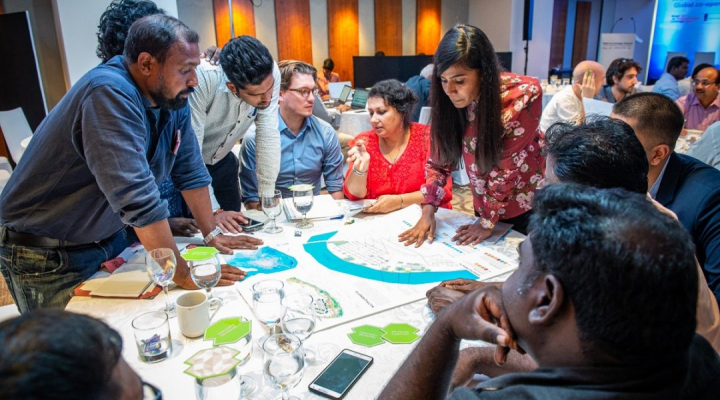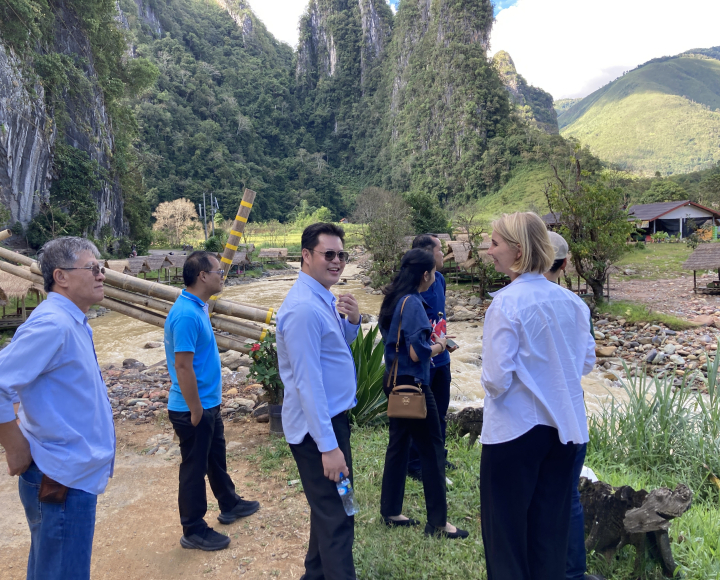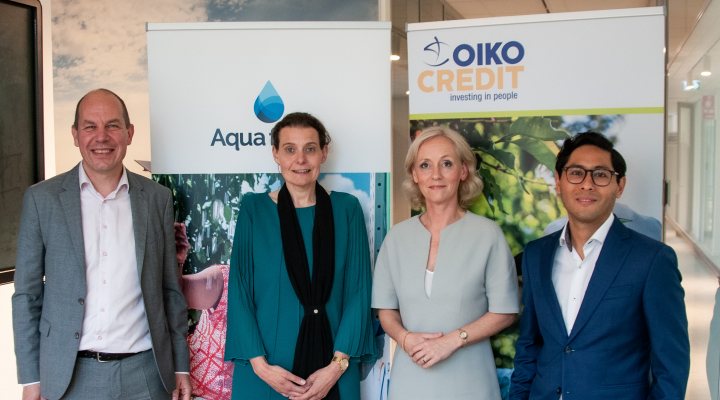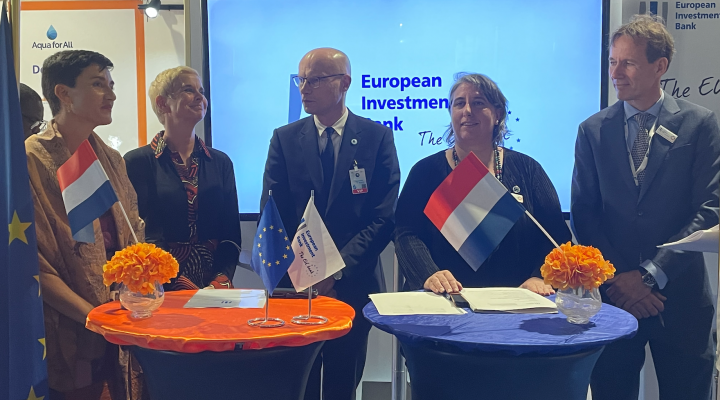AIWW2019: Trailblazers honoured Sarphati awards for making global sanitation achievable
At the opening ceremony of the Amsterdam International Water Week, the Sarphati Award 2019 for lifetime achievement was handed out to the late Jockin Arputham of the Slum Dweller Foundation. Two awarded entrepreneurs were Raul Bricano from X-Runner and Ajent Oak of Tiger Toilet.
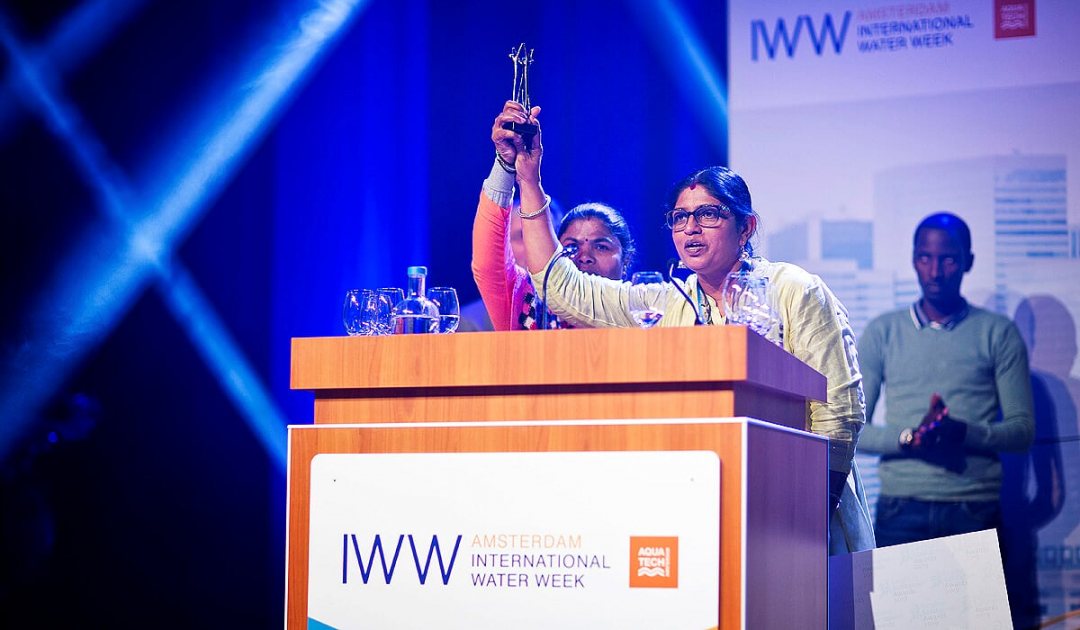

Toilets for slums
Jockin Arputham fought for the rights of slum dwellers for over 40 years, going back to the early 1970s when he tried to stop the bulldozing of the settlement in which he lived. Out of frustration and necessity, Arputham linked with some of Mumbai's poorest women, to stop evictions and improve the slums they were living in.
That small group has grown into Slum Dweller International (SDI), a global grassroots movement of the poorest of the poor. Today, SDI is present in Asia, Africa, and Latin America, upgrading slums and fighting evictions day in and day out, struggling to build more inclusive cities, economies, and political systems.
Arputham died in October 2018 and Savita Sonawane and Sharmila Gimonkar of SDI were present in Amsterdam to collect his award.
Promising entrepreneurs
This year two promising entrepreneurs were awarded for their major contribution to improving sanitation and health. Ajent Oak received the award for the Tiger Toilet, a flushing system that works on the basis of vermifiltration (purification with worms).
The second entrepreneur was Raul Bricano of X-Runner for the development of a mobile toilet for urban households in Peru. In reaction Brianco said: ‘The award is very motivating for me and my team in Lima. I see it as a reward for out of the box thinking, because really innovative technologies are needed. After all, water is a human right!’
Consumers taking the lead
Following the hand out ceremony, was the Sarphati Sanitation Seminar on how to achieve universal access to clean toilets by 2030. The seminar showed big optimism as large businesses are getting interested in the WASH-market that is more and more driven by a human right, rather than by small local development projects. This can create a global sanitation market with consumers taking the lead.
Understand demand side
Executive Director Kala Vairavamoorthy of the International Water Association (IWA) pointed out that many cities cannot handle their expansion and are unable to connect all new homes to the sewer system. ‘We need new innovative non-sewer approaches that are effective with the treatment of faeces close to the source.’
‘How can we create value from the faeces to make the sanitation chain sustainable’, Vairavamoorthy asked himself. ‘For that, we need to better understand the demand side of these sanitation markets. Why do people buy toilets and how can businesses make money by upgrading the collected faeces and sell it as biogas and fertilizer.’
New stakeholders: big businesses
Executive director Cheryl Hicks of the Toilet Board Coalition mentioned the new consumer’s space that will emerge when services are added to the toilet. ‘New markets will emerge as sanitation is no longer a story of development aid, but a story of a human right. Digital data will reveal where these new sanitation markets emerge, where new values have be found by creation of new resource products or by adding services as laundries and water kiosks. This will make the business cases stronger and will make big world businesses step in, addressing sanitation at the same time’, she predicted.
‘We need to demonstrate innovative systems that create new resources and generate new values’, Hicks provoked. ‘In 2019 it is no longer acceptable for big businesses to not be providing access to sanitation for their own employees. This means that big businesses will pick our innovations, guided by precision consumption data.’




